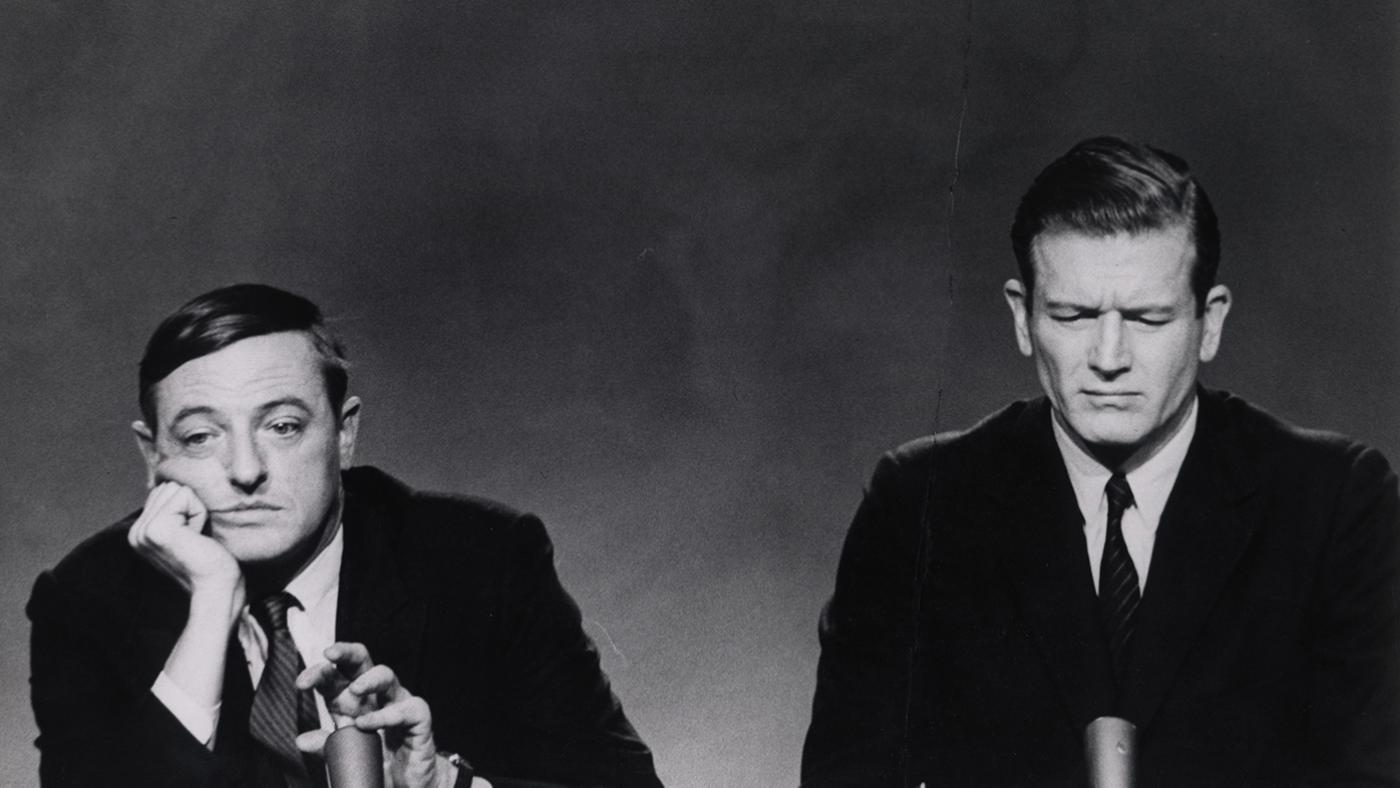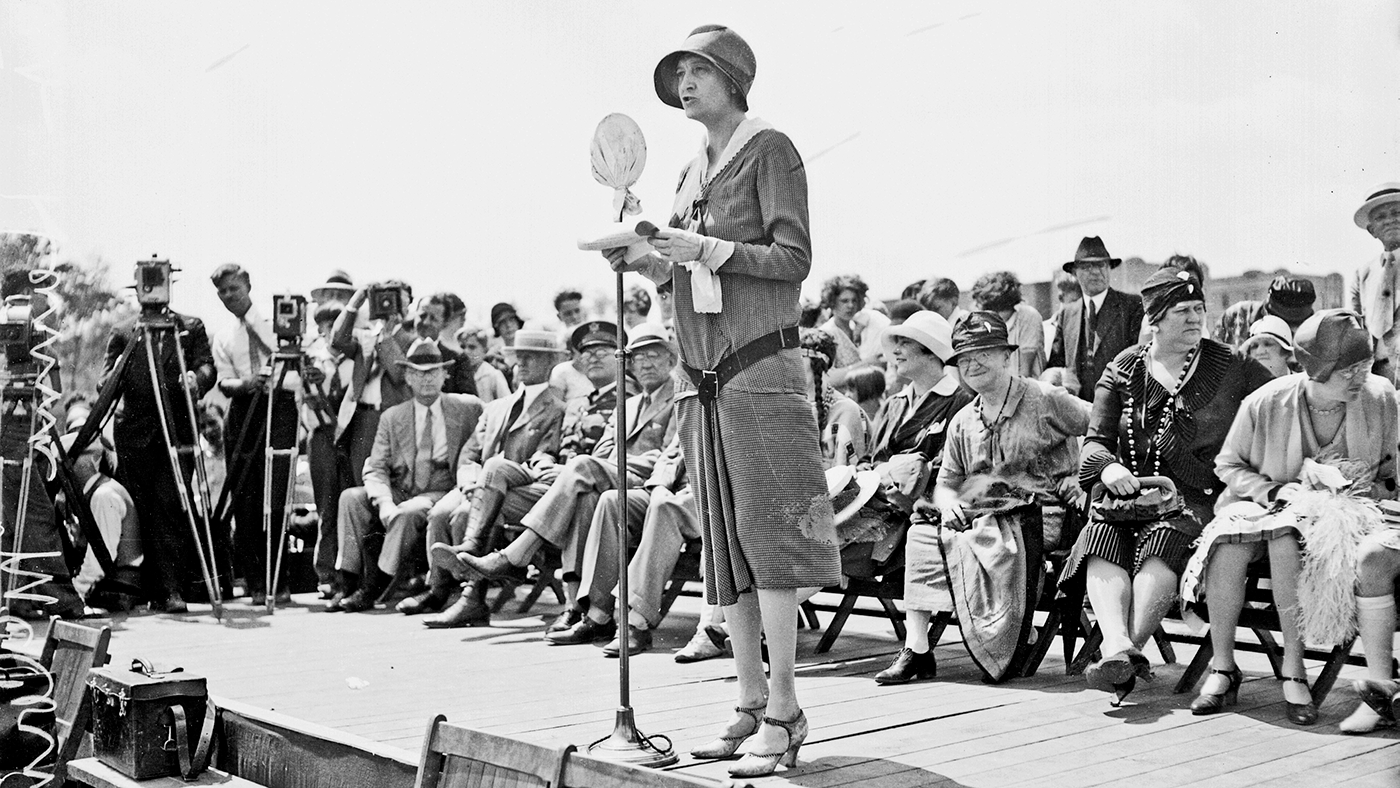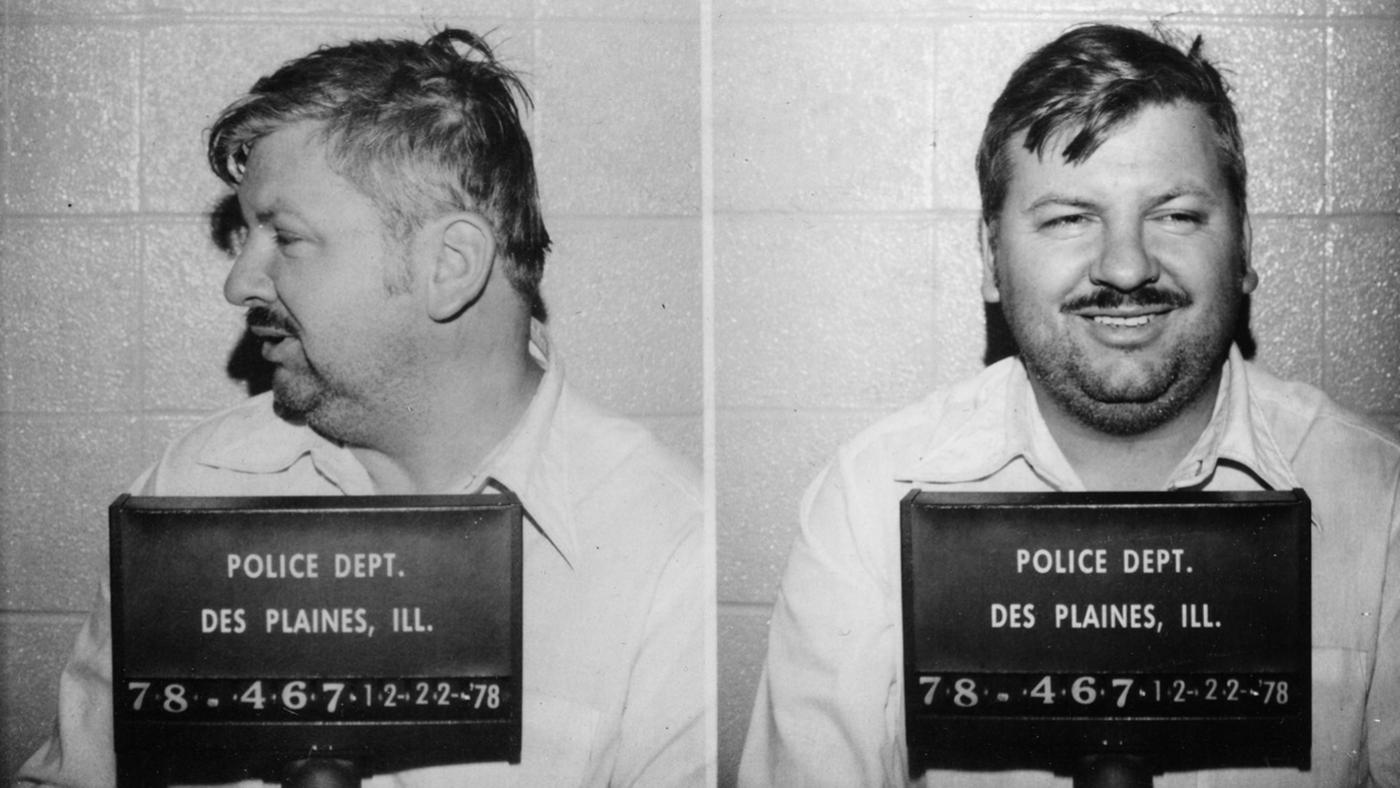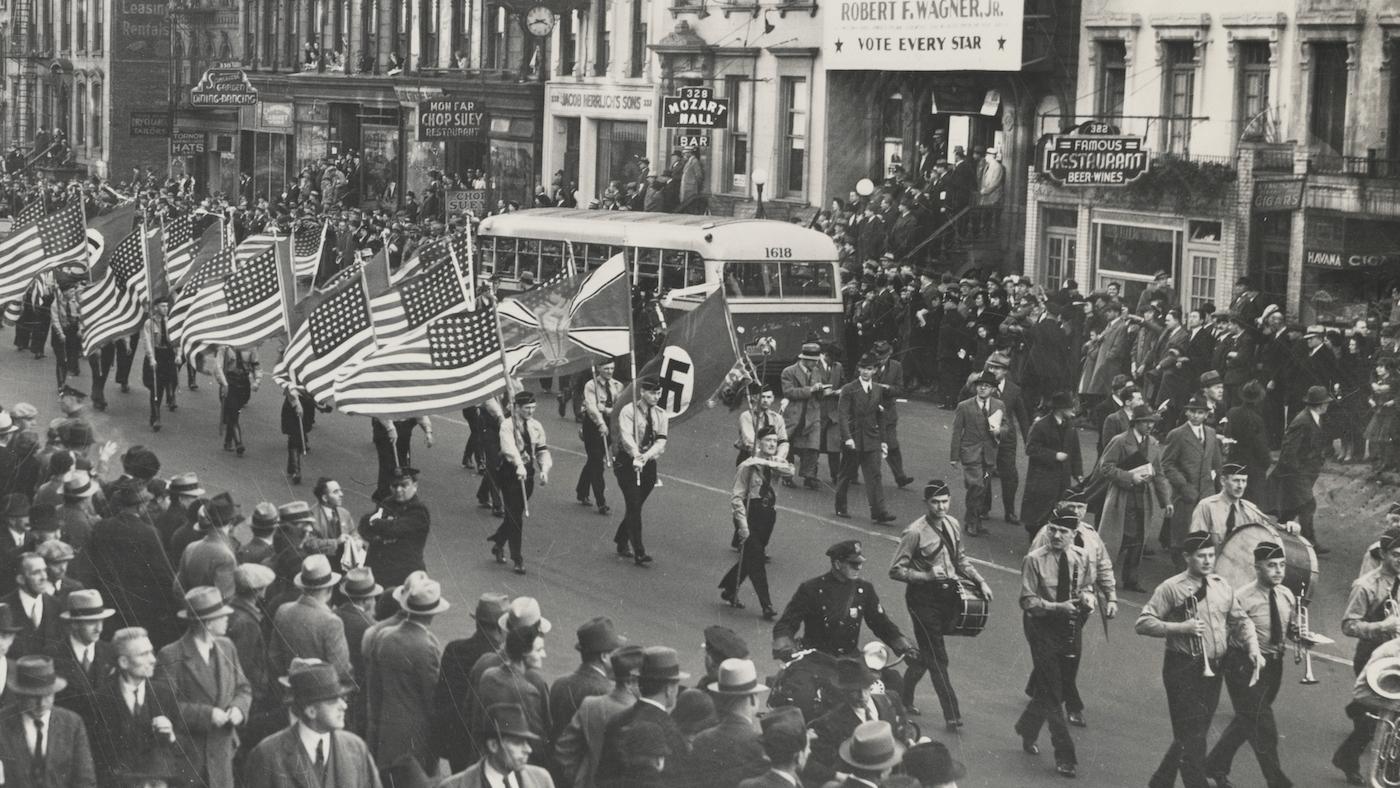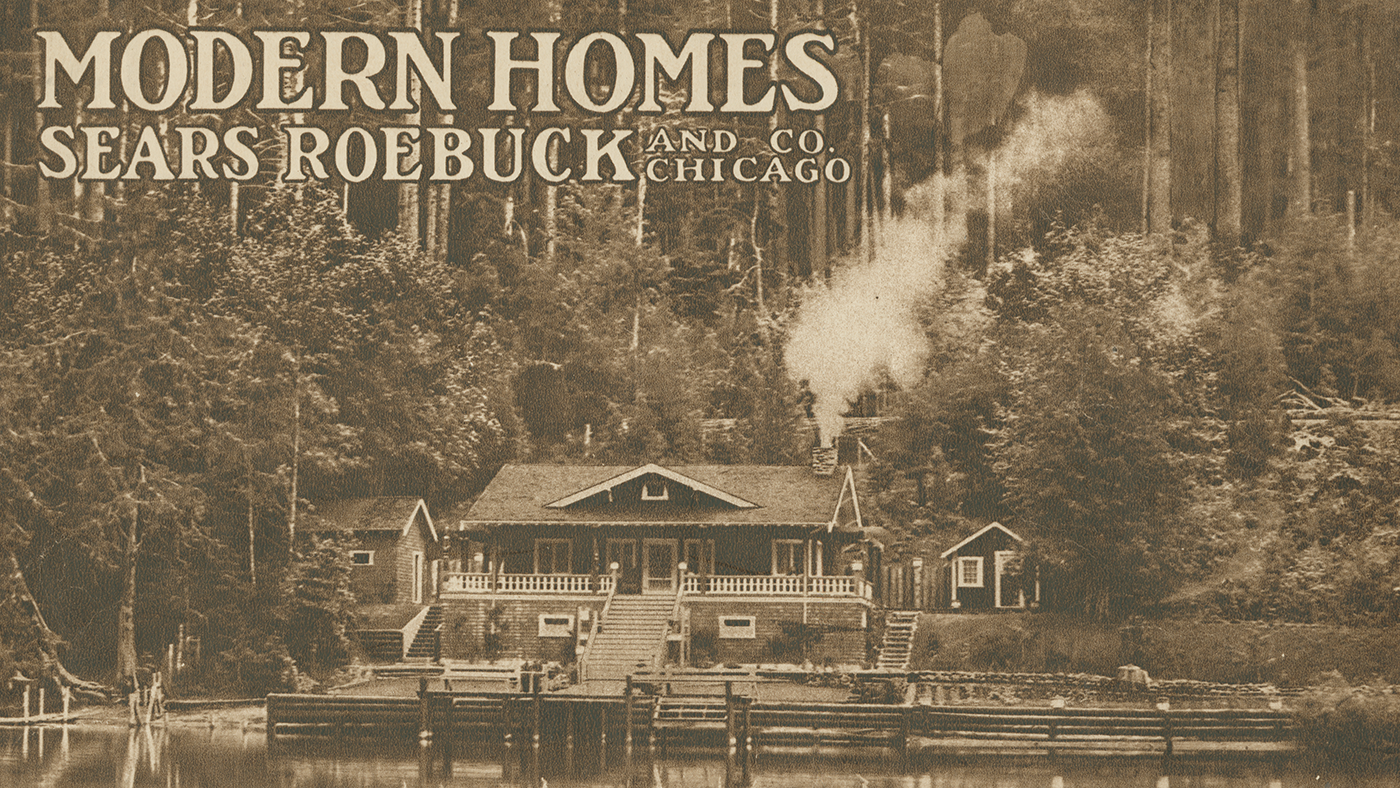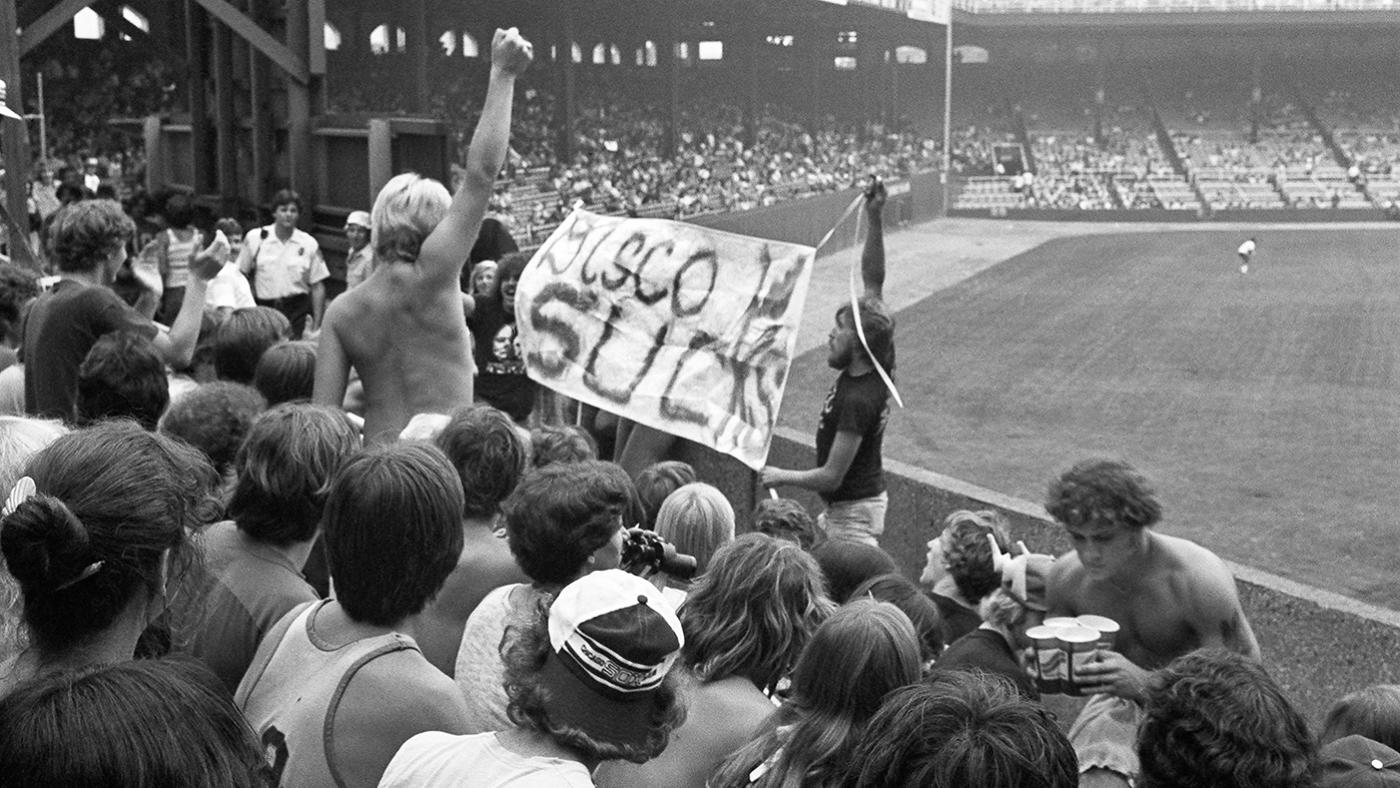The Stories Behind PBS Shows
Daniel Hautzinger
November 7, 2017
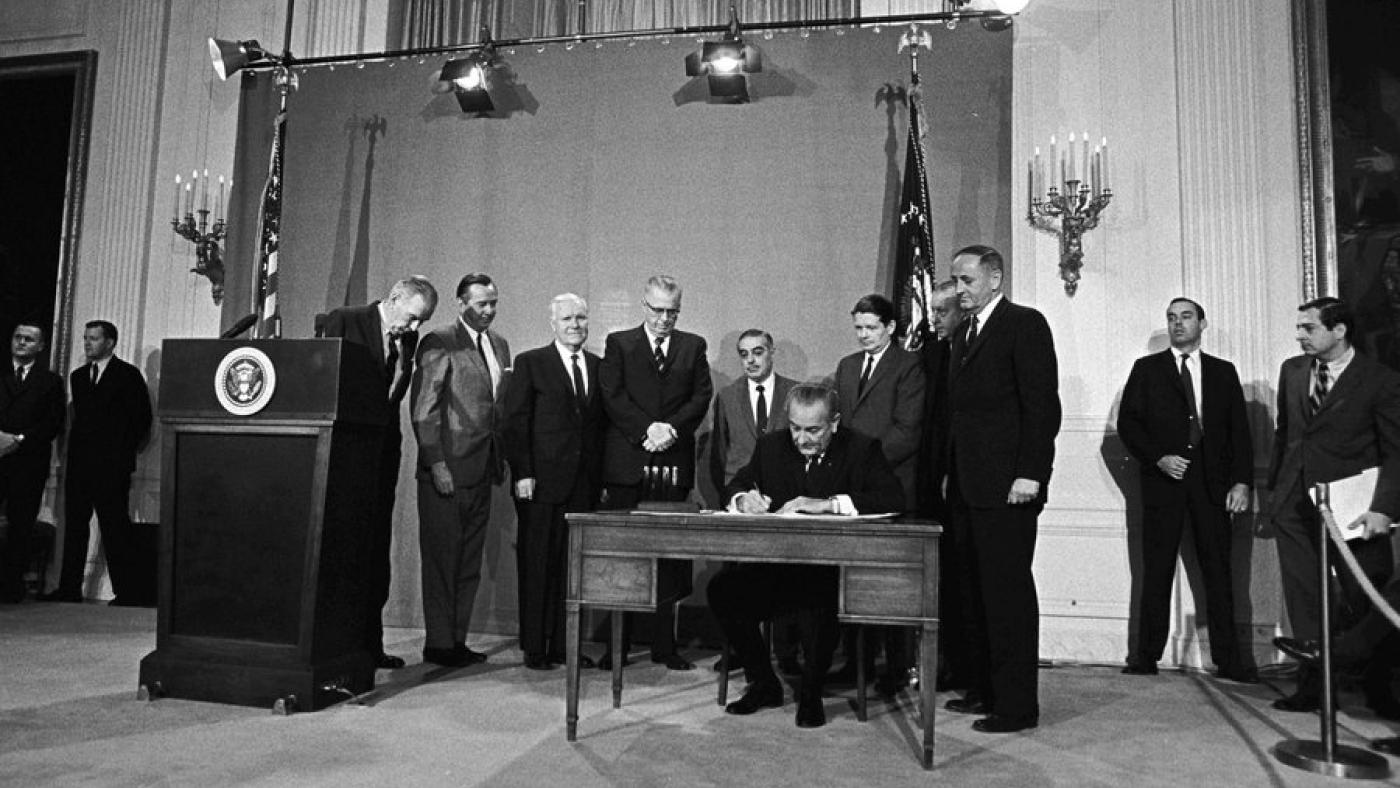
50 years ago today, President Lyndon B. Johnson signed the Public Broadcasting Act of 1967 into law, initiating the creation of a federally funded public broadcasting system out of a conviction that “it is in the public interest to encourage the growth and development of public radio and television broadcasting.” As Johnson put it in a speech before signing the legislation, the act “announces to the world that our Nation wants more than just material wealth; our Nation wants more than a ‘chicken in every pot.’ We in America have an appetite for excellence, too. While we work every day to produce new goods and to create new wealth, we want most of all to enrich man's spirit. That is the purpose of this act.”
In the 50 years since the establishment of the Corporation for Public Broadcasting (PBS and NPR both started operating in 1970, although WTTW itself began broadcasting in 1955), a wide range of programs have appeared on public television. What’s the history of some of your favorite long-running PBS series?
Masterpiece
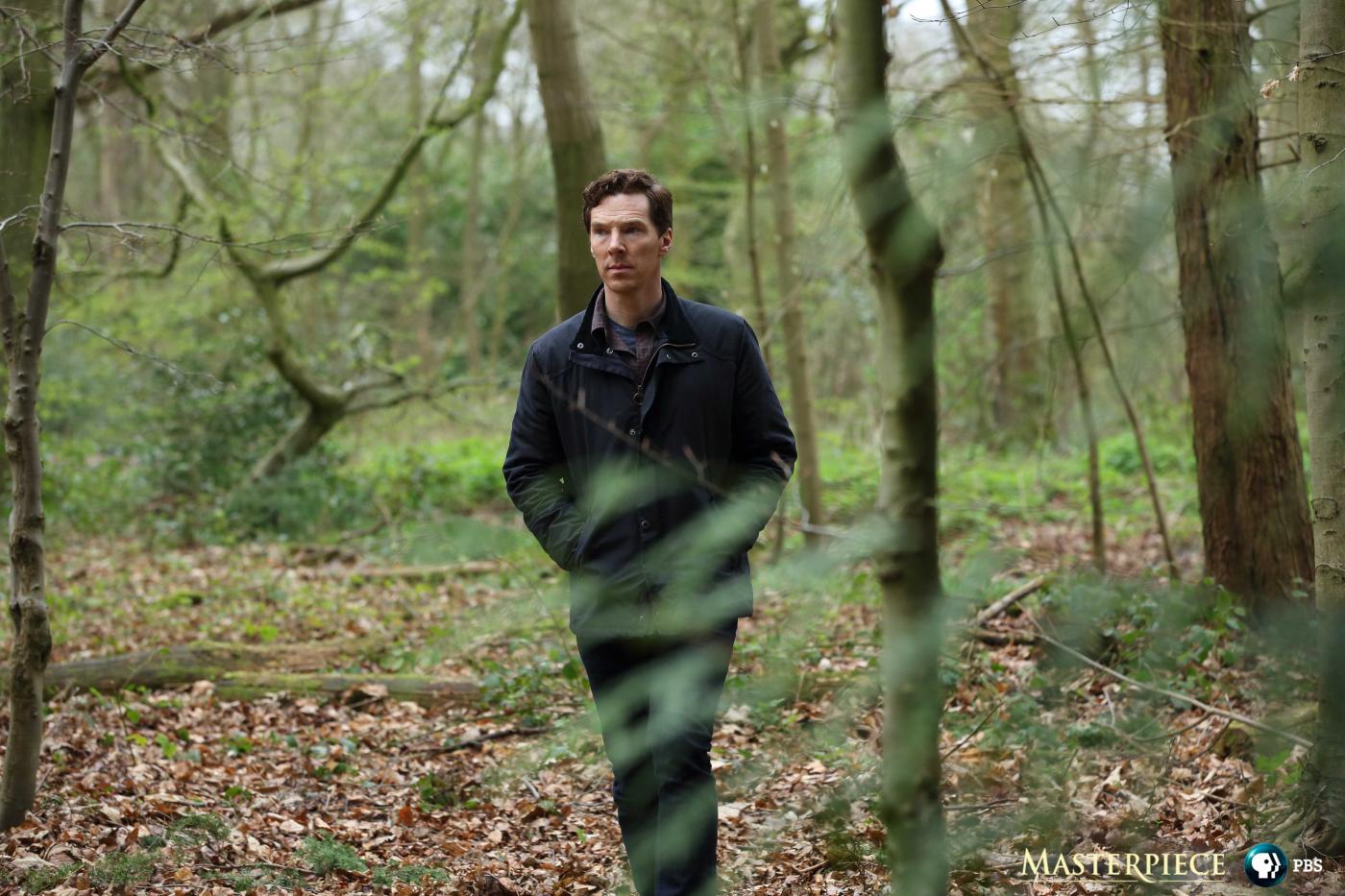 Benedict Cumberbatch in Masterpiece's upcoming 'The Child in Time.' Photo: Pinewood Television, SunnyMarch TV and MASTERPIECE
Benedict Cumberbatch in Masterpiece's upcoming 'The Child in Time.' Photo: Pinewood Television, SunnyMarch TV and MASTERPIECE
Masterpiece Theatre began broadcasting dramas in 1971, making it one of the longest running PBS series. It was created following the vast success of the broadcast of the BBC’s 1967 The Forsyte Saga in America. Its first broadcast was The First Churchills, a BBC drama about the late 17th century Duke of Marlborough. Alistair Cooke hosted the series, introducing the shows, from 1971 to 1992; he was succeeded by Russell Baker, who retired from the job in 2004. Other hosts have included Gillian Anderson, Laura Linney, Alan Cumming, Matthew Goode, and David Tennant.
PBS NewsHour
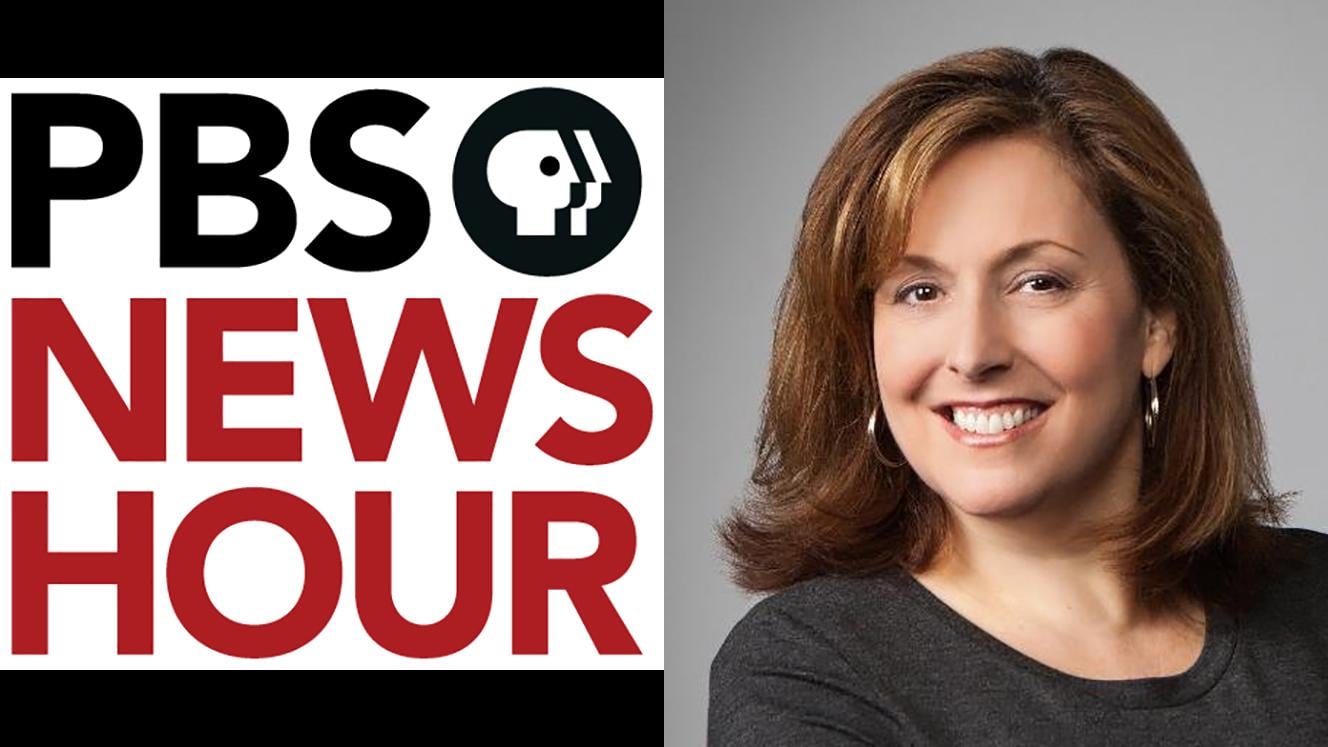 PBS NewsHour's executive producer Sara Just
PBS NewsHour's executive producer Sara Just
In some ways, you could say this public affairs show began with Washington Week in Review. That show, which had debuted in 1967 and was picked up by PBS, was hosted by Robert MacNeil from 1971 to 1974. MacNeil teamed up with Jim Lehrer to provide intensive coverage of the 1973 Senate Watergate hearings, which earned the pair an Emmy. In 1975, the partners became integral to the half-hour, weeknight The MacNeil/Lehrer Report, which became The MacNeil/Lehrer NewsHour in 1983, when it doubled in length. MacNeil retired in 1995, making the show The NewsHour with Jim Lehrer, and in 2009 it became simply PBS NewsHour. Two years after Lehrer left, in 2011, Gwen Ifill and Judy Woodruff became co-anchors, in 2013. Ifill died of cancer in late 2016.
NOVA
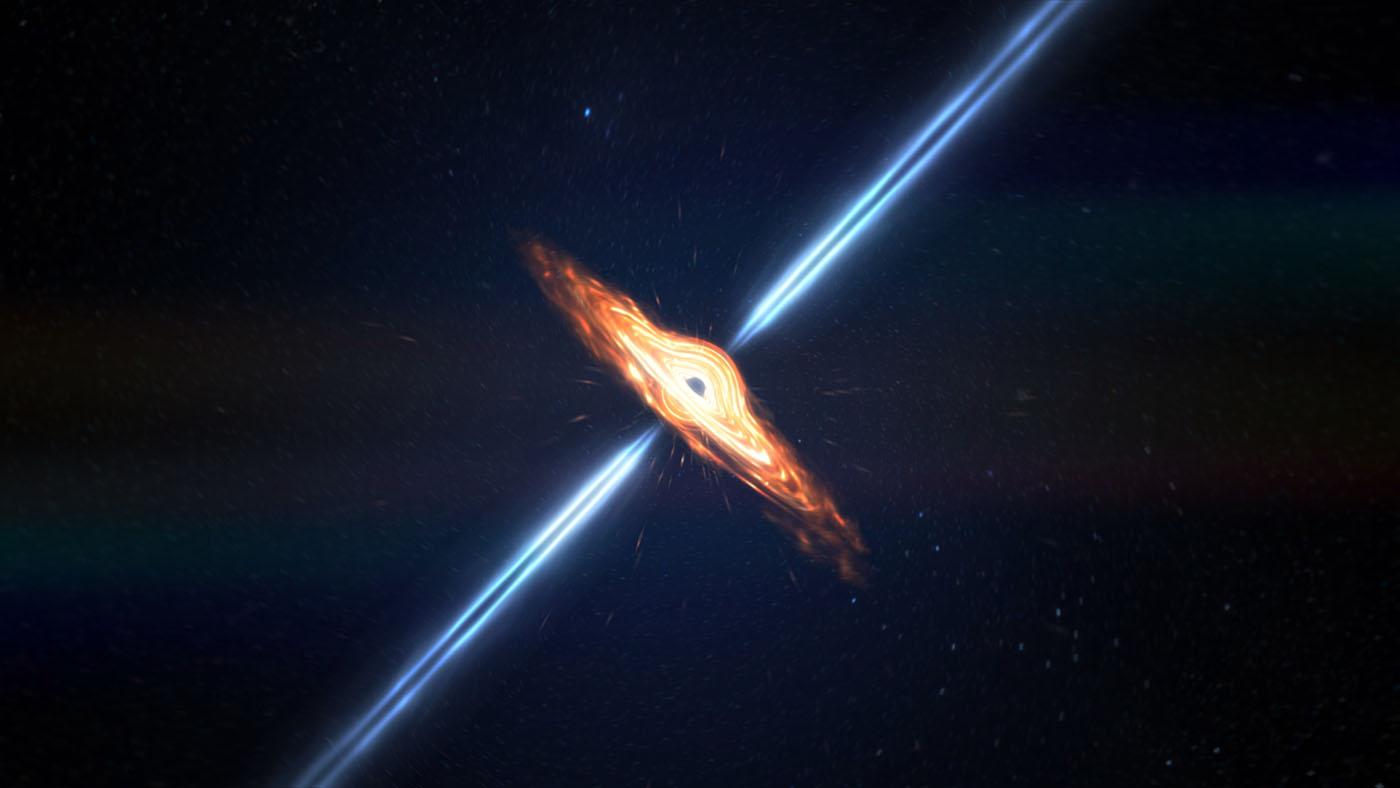 An simulation of a black hole in an upcoming NOVA. Image: WGBH
An simulation of a black hole in an upcoming NOVA. Image: WGBH
NOVA was inspired by the BBC science series Horizon, which had begun in 1964. NOVA itself began in 1974, airing a mixture of Horizon episodes and original productions. The first episode was actually a “making of” program from Horizon showing how nature filmmakers capture their footage of wildlife. Now in its 45th season, it has aired 812 episodes.
Frontline
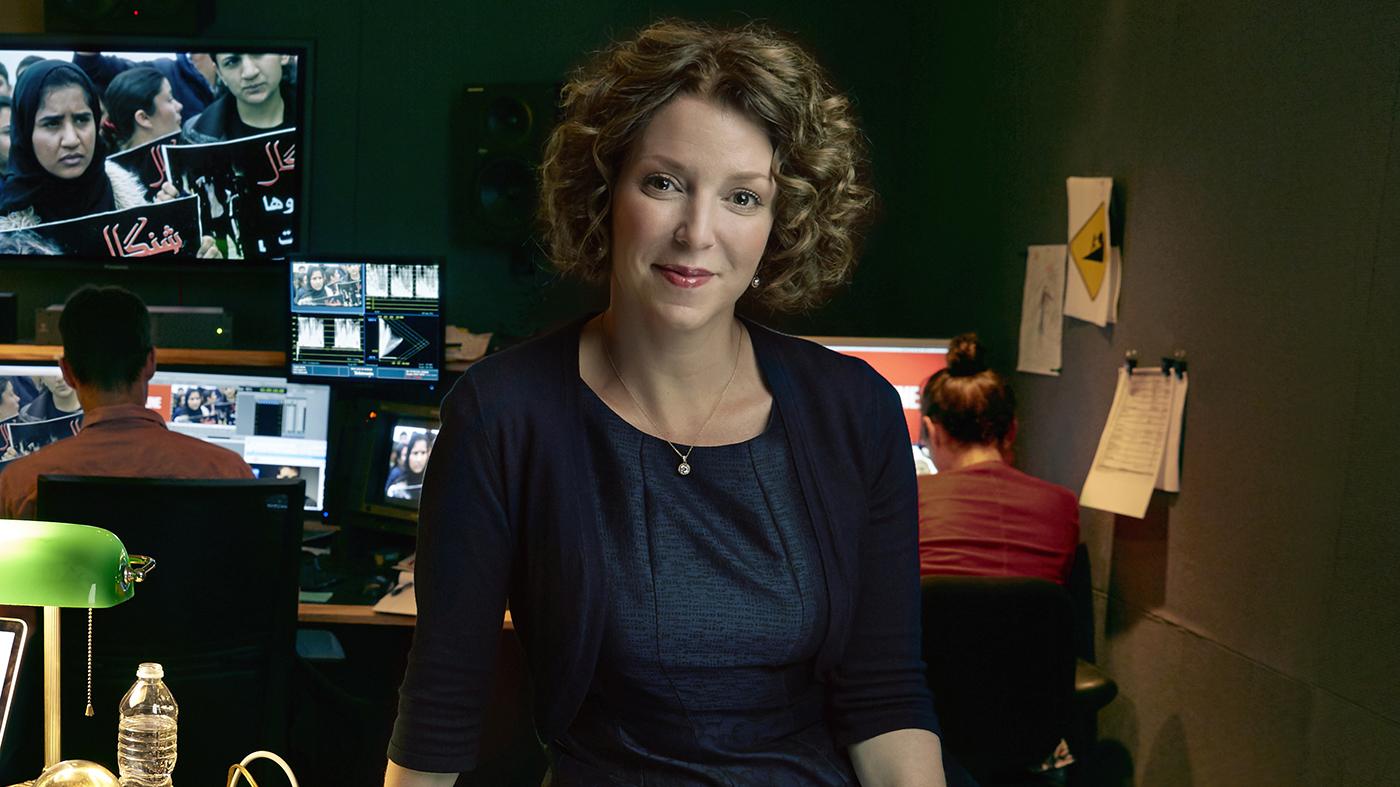 Raney Aronson-Rath, the executive producer of Frontline. Photo: Jonas Fredwall Karlsson
Raney Aronson-Rath, the executive producer of Frontline. Photo: Jonas Fredwall Karlsson
Created by David Fanning in 1983, Frontline’s first investigation was An Unauthorized History of the NFL, which examined ties between organized crime and pro football. It was hosted by Jessica Savitch in its first year, but Judy Woodruff took over after Savitch’s death. Since 1990, Frontline has not had a host. Fanning retired in 2015, leaving Raney Aronson-Rath to take over as executive producer. The series just began a podcast and a transparency project, in which they have made all of their interviews for their recent Putin’s Revenge investigation available, complete with annotations.
Antiques Roadshow
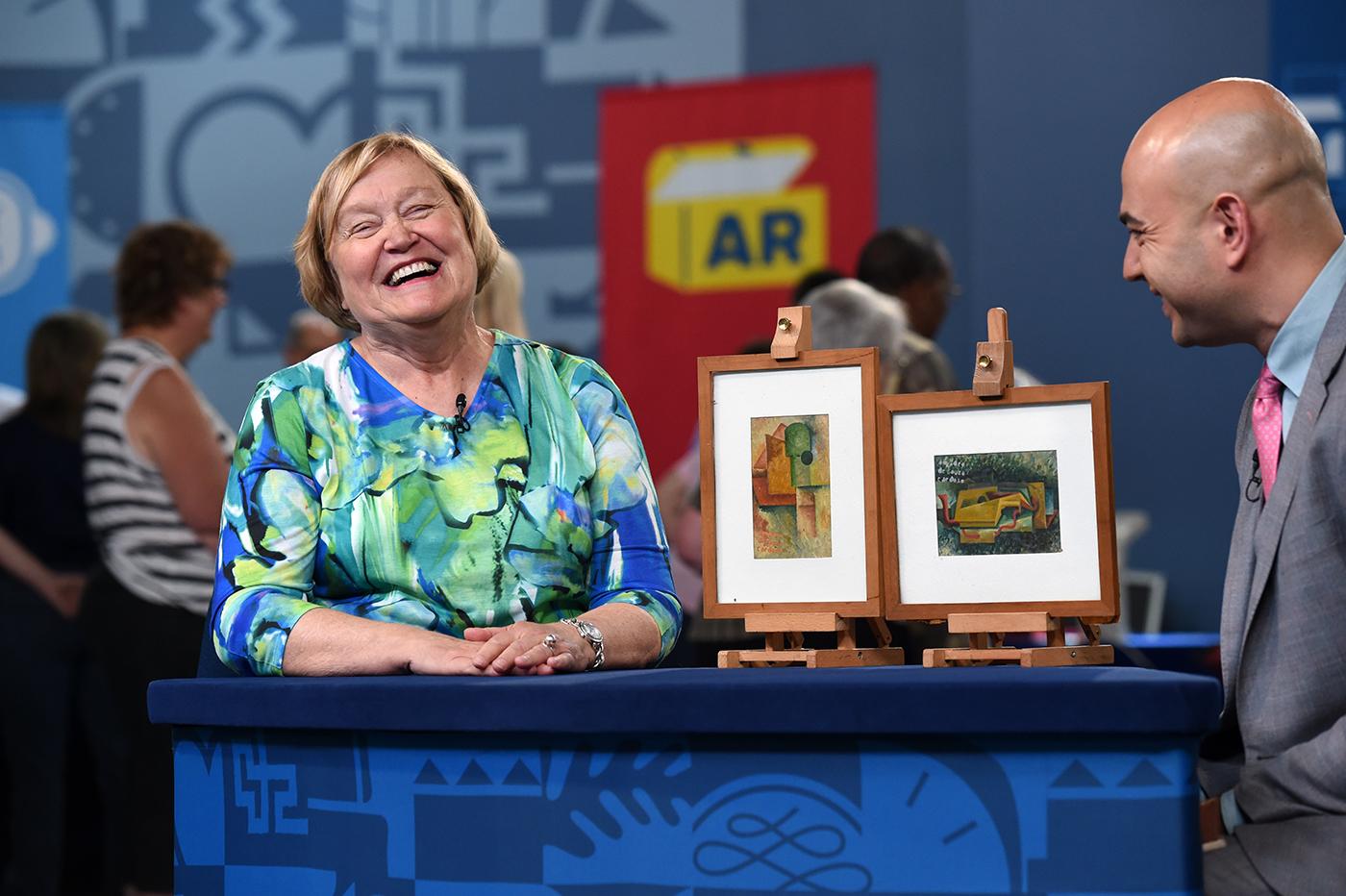
Another BBC-inspired show, Antiques Roadshow first aired in 1997 (the BBC show of the same name has been airing since 1977, and its forerunner began in 1965). While the show travels a lot, there are a few states that it has never reached: Alaska, Delaware, Maine, New Hampshire, Vermont, and Wyoming (it has gone to Canada once, in 2000). The most valuable item to date? Some Chinese cups carved from rhino horns around 1700 that were appraised in Tulsa, Oklahoma and valued at 1-1.5 million dollars in 2011.
America’s Test Kitchen
 Photo: Courtesy America's Test Kitchen
Photo: Courtesy America's Test Kitchen
This cooking enterprise was around for a long time before it got to TV on PBS. Former host Christopher Kimball started Cook’s Magazine in 1980, selling it to Condé Nast, which eventually shuttered it. Kimball bought it back for a paltry sum in 1993 and rebranded it as Cook’s Illustrated. The magazine staff then took on a TV show, and the first season of America’s Test Kitchen aired in 2001. Cook’s Country began airing in 2008. After a bitter dispute, Kimball left the show and company in late 2015 and started a new venture, Christopher Kimball’s Milk Street, which broadcast its first TV show on PBS stations this year.

